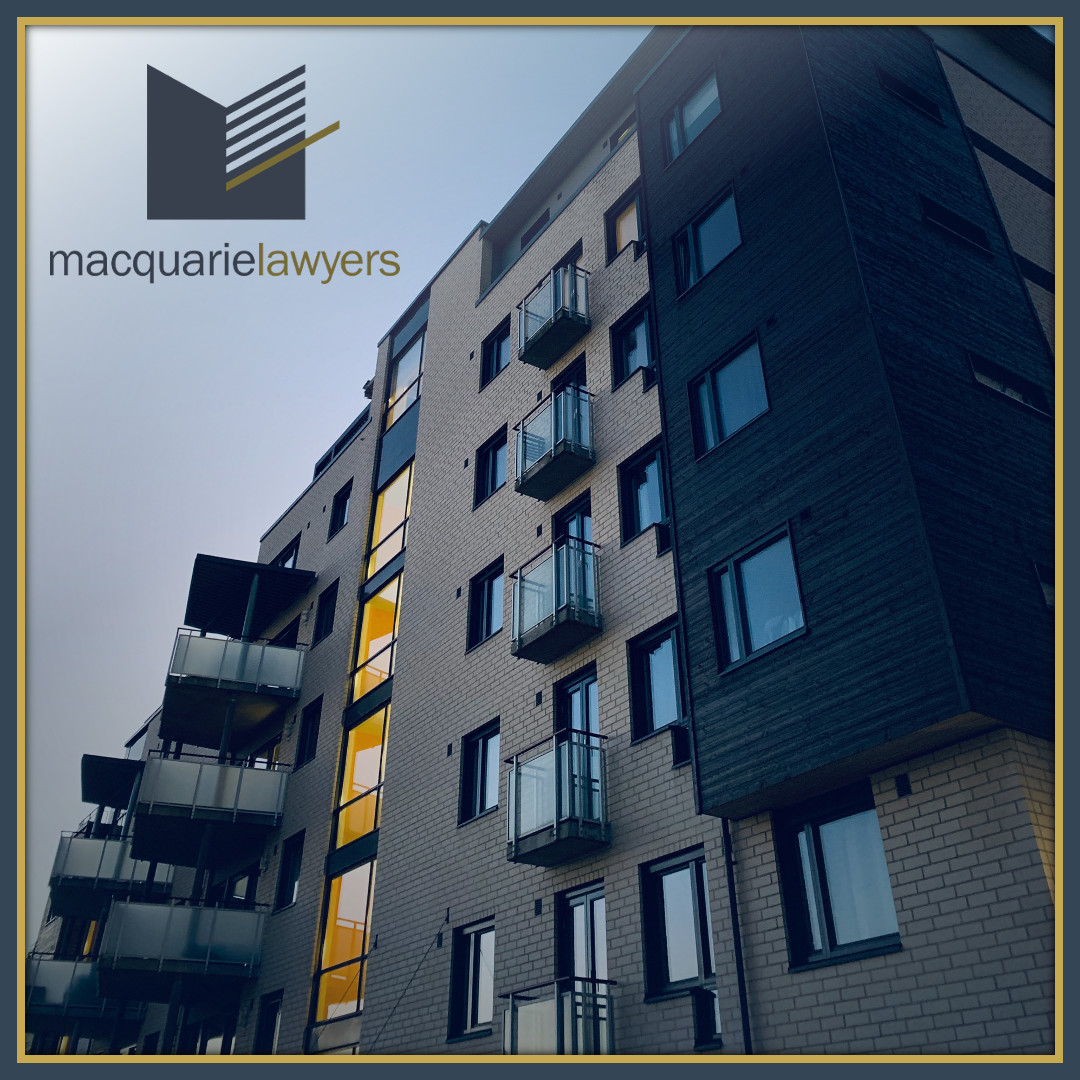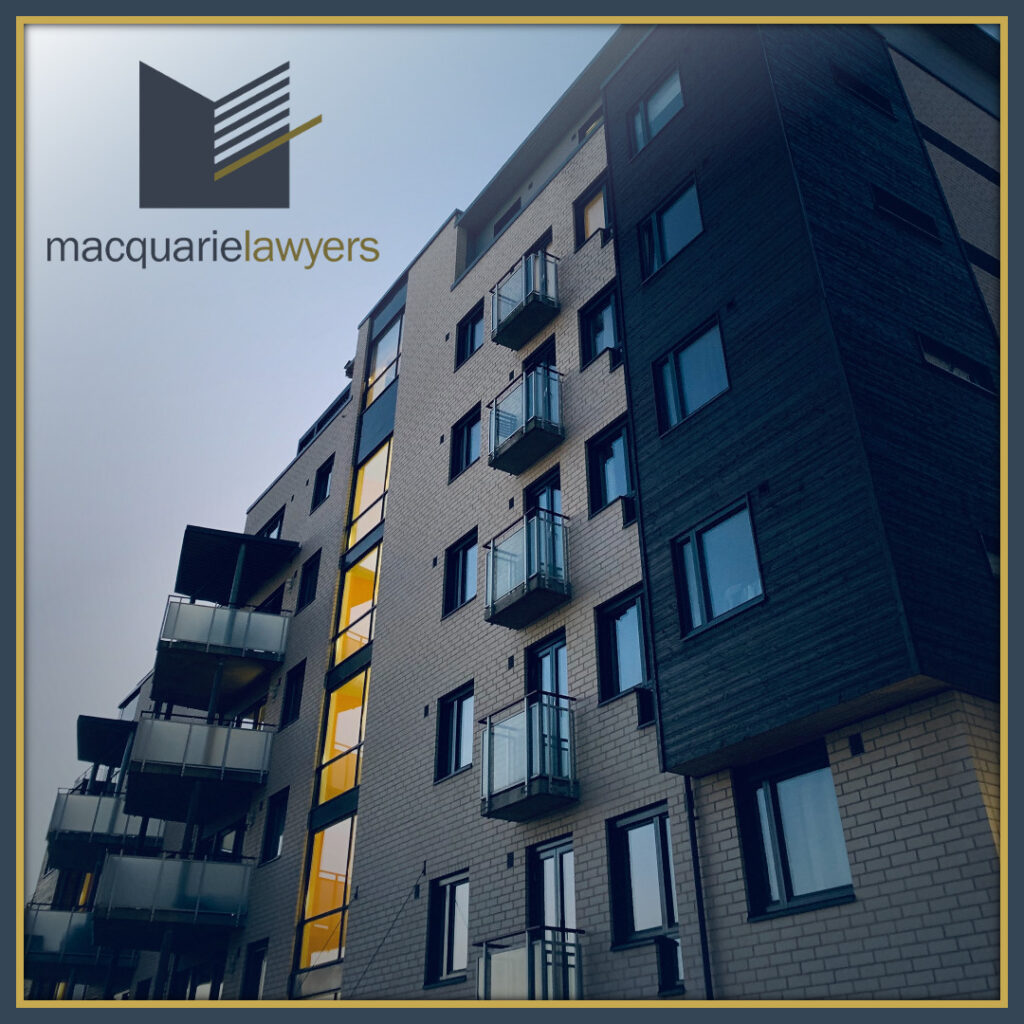Have you secured the sale of your residential property with put and call options? A recent legal decision shows that sale may not be as secure as you think.
So, What Happened?
A potential purchaser of several residential properties entered into put and call option deeds with several vendors. When the purchaser failed to exercise their call option by a certain date, the vendors decided to exercise their put options. Thereby, the sales contracts attached to those options became binding and the purchaser would be required to make the purchase… At least, that’s what the vendors planned.
Instead, the purchaser rescinded all sales contracts and cited their right to a cooling off period under section 66S of the Conveyancing Act 1919. The vendors were left high and dry.
How could they rescind the contracts if they were made under put and call options? There’s no cooling off period for sales contracts made as a consequence of an option to purchase (section 66T(d) of the Conveyancing Act 1919).
The answer lies in the phrase ‘option to purchase.’ The judge ruled that this language did not include put options, which would be regarded as “options to sell” or “options to require someone else to purchase.”
Since the sales contracts were made binding by the exercising of put options, section 66T(d) didn’t apply. It followed that the purchaser did have a right to a cooling off period and they could rescind the sales contracts when they did.
The Takeaway Is Simple:
When entering into put and call options, make sure you get a section 66W certificate from your potential purchaser. This certificate waives the purchaser’s right to a cooling off period in the case that you exercise your put option.
Many developers consider put and call options to be just as good as a sales contract. This case, however, reveals the differences that could expose you to more risk than you bargained for. Don’t get caught out!
You can find the case of BP7 Pty Ltd v Gavancorp Pty Ltd here.




















